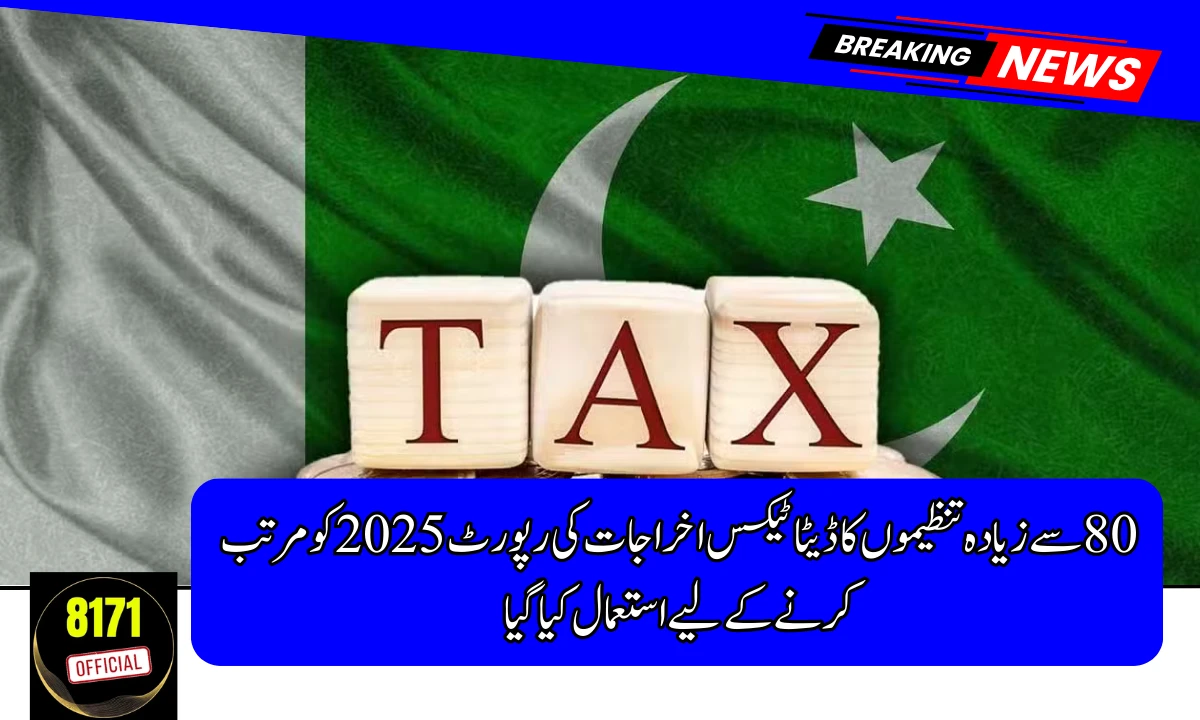The Federal Board of Revenue (FBR) has issued its Tax Expenditure Report 2025, providing insights into the annual cost of tax exemptions. The report confirms that data from more than 80 organizations across Pakistan was used to calculate the true impact of these exemptions on the national economy.
Limitations of Income Tax Data
While estimates for Sales Tax and Customs Duty were largely derived from FBR’s official database (PRAL), the report points out that income tax return data had major limitations. To address this gap, the FBR sought additional information from field formations and third-party institutions.
Organizations That Provided Data
The report lists a wide variety of institutions that played a role in compiling the figures, including:
-
Government bodies: State Bank of Pakistan (SBP), Securities and Exchange Commission of Pakistan (SECP), Accountant Generals of all provinces, and provincial Boards of Revenue.
-
Regulators and SOEs: Pakistan Railways, Oil & Gas Development Company Limited (OGDCL), Pakistan Telecommunication Authority (PTA), Water and Power Development Authority (WAPDA), and National Transmission & Dispatch Company (NTDC).
-
Social sector institutions: Employees’ Old-Age Benefits Institution (EOBI), Social Security Institutions, and Pakistan Centre for Philanthropy (PCP).
-
Private sector entities: Commercial banks, insurance companies, pension funds, mutual funds, and real estate trusts.
Role of Specialized Agencies
Specialized agencies, such as the Alternative Energy Development Board, Engineering Development Board, Export Processing Zones Authority, and Pakistan Software Export Board (PSEB), also contributed critical data for sector-specific exemptions.
Purpose of the Broad-Based Approach
By pulling information from such a large network, the FBR sought to create a comprehensive and transparent assessment of tax expenditures. Officials stated that this method reduces blind spots and ensures that the government has a clearer picture of the fiscal impact of tax reliefs.
Analysts’ Perspective
Experts believe that the 2025 report marks an important step toward accountability in tax policy. With accurate data from multiple sectors, policymakers will be better equipped to evaluate the effectiveness of exemptions and take informed decisions about future fiscal strategies.
Conclusion
The Tax Expenditure Report 2025 underscores the complexity of Pakistan’s tax system and the critical role of data integration in fiscal planning. With over 80 organizations contributing, the report stands as a milestone in efforts to make tax policy more evidence-based and transparent.












